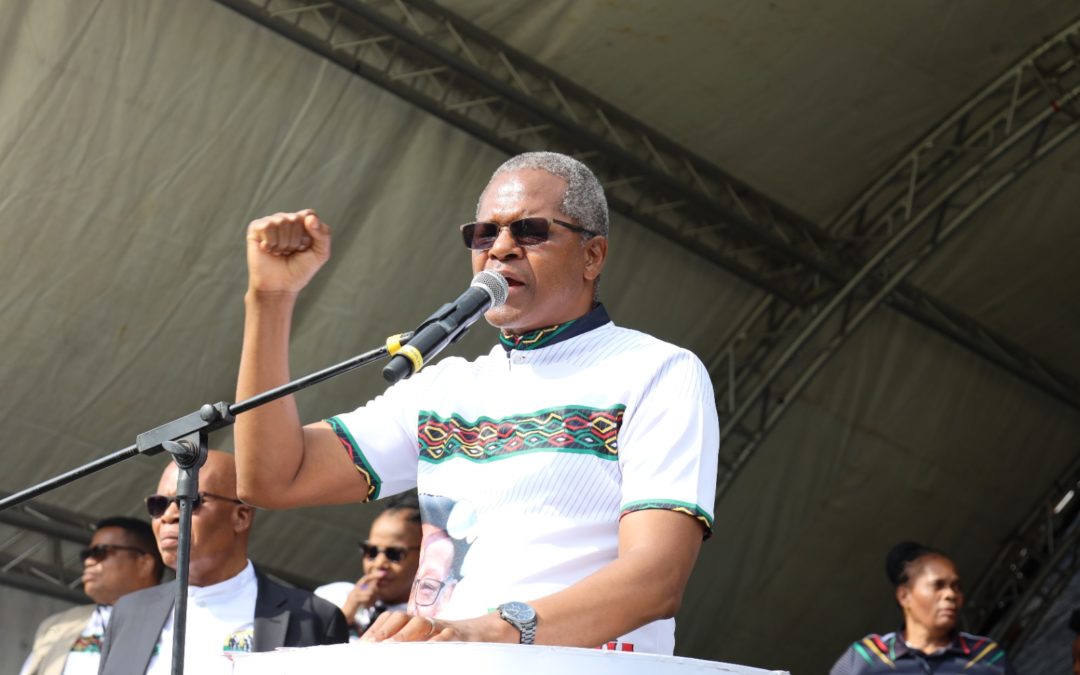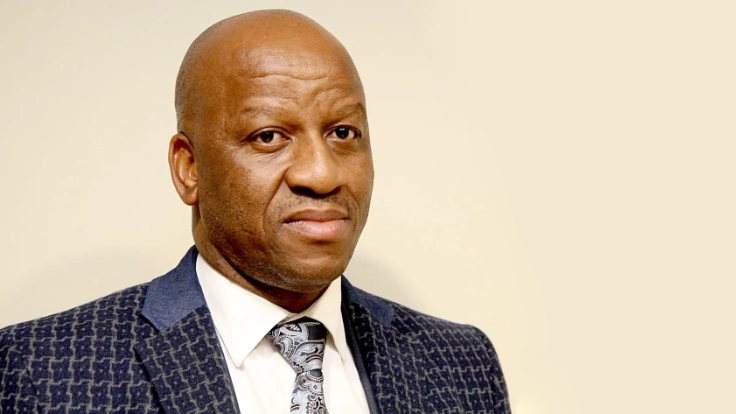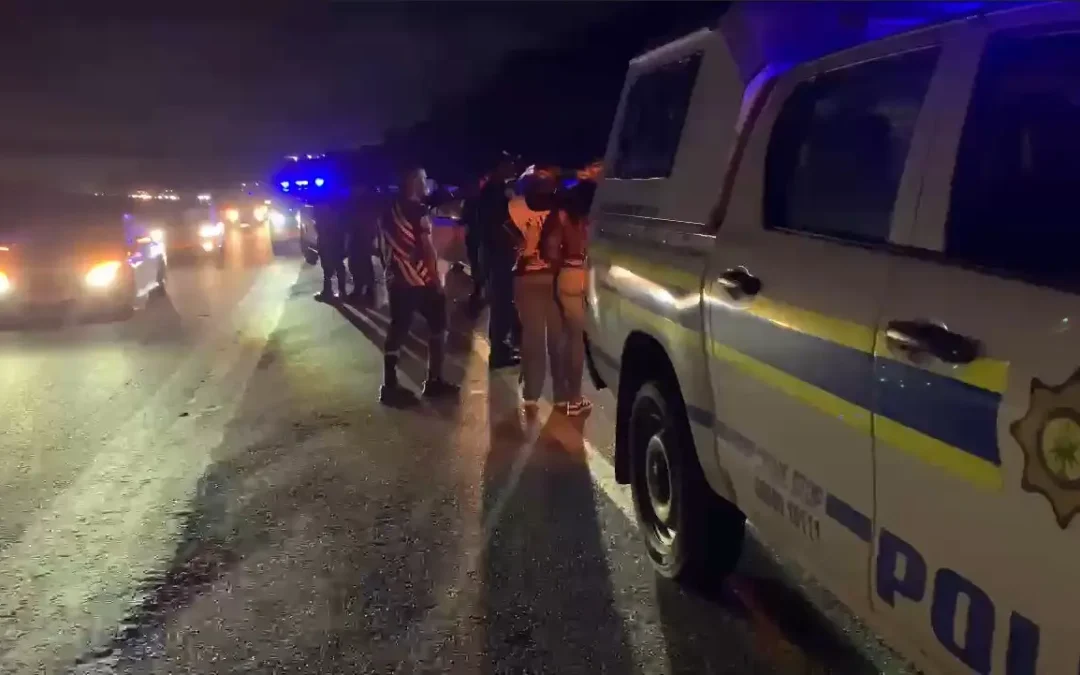Honourable Chairperson,
Honourable Premier,
Members of the Executive,
Honourable members and Colleagues,
Officials from the Department of Education,
Dignitaries and visitors – I warmly greet you today.
I wish to thank the IFP for affording me the opportunity to debate on this year’s budget. The IFP believes that the State must not be the sole provider of education at any level. It is a societal matter, parents and communities must be the primary custodians of the education system. The State, parents, communities and employees should assume joint responsibility for education.
Honourable Chairperson, as a member of the IFP, I will be failing in my objective assessment of the performance of the Department of Education if I do not concede that inroads have been made in the delivery of some quality education to our learners. It is through education that individuals acquire skills that make them employable and equip them to access opportunities that improve their lives. Producing quality learners requires a quality learning environment. We need quality schools, with adequate infrastructure, enough classrooms, suitably qualified educators, sanitation, electricity, water and sporting facilities.
This budget vote is affording us the opportunity to holistically look at the department’s capacity to deliver on its mandate.
This year’s total budget is R47 477 billion. It is very clear from the onset that this department is underfunded. It has to put stringent controls in place to use this shoe string budget in order to maximise outcomes. For this reason it is essential that those who are trusted with the lives of children and the future of our province, are people of integrity, people with vision and not people who only think of personal and family benefits. It is unfortunate that when many officials see such huge budgets, all they think of is how they or their families can get a slice of it instead of thinking of that little child in a deep rural school somewhere in KwaZulu-Natal. It is time for this government to ensure that every cent of this budget is used to benefit our children.
Administration is highly affected by the budget cut. The department is unable to cater for 2 257 posts in the 2017/2018 financial year. The IFP is highly concerned about the shortage of tools of trades at district level. It is worrying that there are no funds set aside to supplement or replace government vehicles, furniture and other equipment’s due to the budget cut. This is really not contributing to quality education.
Our district offices are collapsing as most of the offices based post are not filled. District offices are closer to schools and they need to be well established. When doing school functionality most officers were in acting capacity. As the IFP we wish to see these posts filled without any further delays. We believe that the quality of school principal is one of the most significant elements in an education system which achieves excellence. It is a fact that some schools sill lack discipline and have incompetent principals. The shortage and absence of teachers with requisite skills and the inefficient management of vacancies at the school level is a cause for concern. The IFP wishes to know as to why these problems are not attended at district level.
Honourable Chairperson, the department needs to restore dignity to both learners and educators at our schools. In response to a parliamentary question the Minister of Basic Education, Hon Angie Motshekga stated that 1 379 schools in KZN still have pit toilets. It has been reported that at Phuthini Secondary School in Estcourt there are long-drop toilets that are reserved for teachers and female students. This school does not have electricity or tap water. With regard to electricity the Minister said that KZN is the worse with 343 schools without power. How can the department expect to improve our education standards under such conditions?
The IFP is of the view that Grade R educators are as important as any other educator in any other grades and they should be remunerated as such. We understand that education is a labour intensive department but we request that a close monitoring mechanism must be established so that we avoid double payments where possible. We demand to know from the MEC whether he is happy with the services of Thandile
Learner transport is still not enough and problematic. We still believe that learner transport fund can be well managed within the education department. We are happy that the two departments have eventually seen the need to bring back this project to the department. We are expecting to see this programme being fast tracked especially in the needy schools. We also acknowledge the boat provided by the department to the learners of Nkovukeni at uMhlabuyalingana. We call on the MEC to do an assessment of schools in the province in which scholars are required to traverse water in order to get to class.
Safety in our schools remains a concern. Teachers and learners are victimised and killed within the school premises in broad-daylight. The school security measures are weak. The current people providing security in schools are merely gate keepers without firearms. They are also intimidated by armed thugs getting in to the schools, and not all schools are having security personnel. The IFP is of the view that an assessment be conducted on the security status of the province, so that eventually all schools must be provided with security personnel.
The IFP welcomes the grant framework that sees the extension of the deworming programme to quintiles 4 and 5 primary school pupils who come from impoverished communities.
We also hope that the problems with the National Schools Nutrition Programme will be resolved at those schools where there were problems with service providers.
The bursaries that are allocated for gateway subject like maths and physics are highly welcomed. Unfortunately, students are helped to enter universities; they change streams and do other subject. There must be a close monitoring of this project and defaulters be penalised and this House be informed as to how many have defaulted.
The IFP is not happy about the pass rate in business studies. We wish to hear if there are any plans in place to improve the pass mark for this subject.
The IFP is expressing its disquiet with regards to unauthorised expenditure. Why is this really happening? This practise must be put to rest. We have qualified officials and must be equal to the task. Why is this always happening with the unconditional grant? You are sending a message to us. Underspending is also a cause for a concern.
We request that more emphasise be done on infrastructural spending. Schools are priorities and tenders awarded and deadlines are not met. Can the MEC tell us about what is happening at Mona, Ndumo and Lubelo high schools in Ingwavuma?
Somlomo, Ngenyanga edlule ithimba loNgqongqoshe lahambela ezindaweni ezahlukene ngaphansi kwesifunda Ugu ngaphansi kohlelo i-Operation Sukuma Sakhe. uMphathiswa weZamaciko, Amasiko, Imidlalo nokuNgcebeleka uMhlonishwa uBongi Sithole-Moloi wahambela izikole ezimbili okuyiNkanyezi YaMachi Primary School kanye neMdlangathi High School ku-Wadi 6 kwaMachi kuMasipala uMuziwabantu. eNkanyezi YaMachi Primary abaphathi besikole babakuveza kuMphathiswa ukuthi isikole sathuthukiswa ngo-2012 kodwa kuze manje izingane zisampintshene emagunjini okufundela ngenxa yokuthi amagumbi amasha awakanikezelwa ngokusemthethweni esikoleni. Ngakhoke iQembu leNkatha lifuna ukwazi kuMphathiswa wezeMfundo uMhlonishwa uDlungwane ukuthi lamagumbi avulwa nini ngokusemthethweni? Okwesibili ululungisa kanjani udaba lokwehla kwemiphumela yebanga leshumi nambili esikoleni saseMdlangathi?
Honourable Chairperson, the IFP proposes that the department needs to:
• Improve the quality of early childhood education and primary schools including implementation of the foundation for learning campaign emphasising the promotion of language and numeracy.
• Investigate a system of effective evaluation of all learners based on the extent to which learner performance improve, with results influencing occupational specific dispensation pay for teachers.
• Strengthen management capacity to ensure working districts and schools. This entails bringing in management capacity from the private sector, civil society and elsewhere in the public sector. Phase in a process of measurable improvements through targeting efforts in selected education districts and dysfunctional schools.
• Develop a social compact for quality education. This will include a “Provincial Consultative Forum” dedicated to clarifying the “non-negotiable” and performance targets for key stakeholders and the monitoring thereof.
• Mobilisation of communities at all levels should be given priority to raise awareness and participation in education issues. An example includes graduates assisting dysfunctional schools, corporate social investment, and supporting food gardens and encouraging young graduates to enter teaching.
• Implement poverty combating measures that improve the environment for learning and teaching, such as nutrition programmes, basic infrastructure for schools, and social support for children.
Quality education is what we all want. But the system is failing thousands and thousands of our children. All this because of wrong policy choices and at times, ideologically-driven transformation. For example: Deployment Policy: This policy has given rise to many educational evils.
One, the educational agenda is subjected to the political agenda of the ANC. Two, wrong and incapable people are put into crucial and strategic positions. With all the money in the world, how does the department hope to achieve quality education if it is still seized with such defective deployment policy?
We condemn the beating of children in schools. It is unlawful and action must be taken against teachers who break the law and violate the dignity and personal safety of children. That is why we need at least three parallel systems to work in tandem. One, an ombudsman or a child helpline number that can immediately respond and scale up visibility and summary suspension of the perpetrator. Two, the legal process - we just have to book cases and fight each one so that justice is served. Three, we need to hold workshops in schools so that teachers and administrators know what the law says and how they could deal with routine issues in a child-friendly and humane manner.
Honourable Chairperson, our education system faces a serious social challenge. It has been found that in 2015 over 15 000 school girls fell pregnant nationally. This is an issue that needs to be addressed and solutions must be found before we have a lost generation of children born to school girls and boys who are not ready to be parents.
Lastly the IFP strongly believes that it is now high time for all schools to be opened up for routine inspections, because as it stands at this very moment, no-one, including the Honourable MEC, knows exactly what is going on inside the classrooms. For too long now Teacher Unions have protected that turf.
Discipline, of both learners and educators must be returned to schools. Respect for authority and respect for the profession must be re-introduced. We must bring back a culture of accountability throughout the system, at educator and management levels.
Hon Chairperson, KZN must put our kids and our future first, and make education improvement our priority. The province has already sunk to the bottom nationally. KZN is no longer a place to feel confident that your child will get a world-class education.
I thank you






